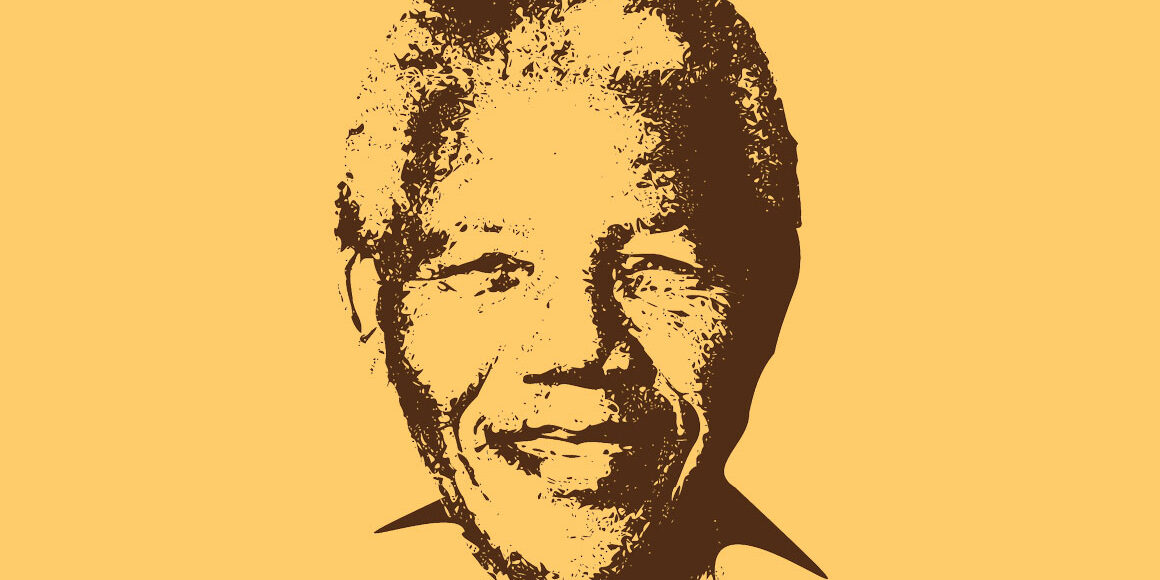The Greatest Leadership Practice
The great man amongst men, a conquering lion, has been laid to rest after 95 years of a most difficult and amazing trod on this earth. There are few who cannot be inspired by Nelson Mandela’s demonstration of courage, integrity, strength, and resilience. Anyone who wants to be a better leader would want to learn from him.
His was leadership at its best, replete with all his faults and foibles which he himself was the first to acknowledge.
In all of the extraordinary examples of leadership demonstrated by Madiba, the one that stands out the most is his ability to forgive. He not only mouthed the words, he walked the walk. By his actions he demonstrated that he forgave. And in doing so, he surprised friend and foe alike, who assumed that he, who had every justification not to forgive, would come into freedom with an unforgiving heart. He chose not to. Forgiveness is not touted as a leadership practice – I certainly have not heard any CEOs declaring this as their personal practice. Yet, it was fundamental to Mr. Mandela’s success in leading his nation from apartheid to a rainbow nation grounded in the equality of all.
So why shouldn’t we consciously practice forgiveness? Perhaps we view it as a spiritual thing, and therefore outside of the bounds of organizations. Yet Madiba forgave as the leader of a nation, even formalizing a structure for national forgiveness (the Truth and Reconciliation Commission). Some may view forgiveness as a sign of weakness. Who could ever view Nelson Mandela as weak? And others believe that to forgive is to condone and validate the behaviour being forgiven. In truth, forgiveness is more about the forgiver than the person forgiven.
A popular quotation by Pierre Teilhard de Chardin states, “we are spiritual beings having a human experience”. If this is so, then we are spiritual beings wherever we are – including at work. Therefore, forgiveness as a practice is very relevant to becoming a better leader:
- Forgiveness allows us to accept others’ mistakes and help them to learn (note that acceptance does NOT mean that we condone)
- Forgiveness frees us from the bind of emotions so that we can take action with a clear mind
- Forgiveness is an equalizer – it shows empathy and establishes an understanding that we all have our moments of weakness
- Forgiveness heals. Where there is conflict, forgiveness provides the breakthrough for resolution.
As a leader, perhaps the greatest gift you can give yourself and others in this season of giving is the gift of forgiveness.
THE BALANCED SCORECARD
Kaplan and Norton state: “A successful Balanced Scorecard program is not a “metrics” project, it’s a “transformation” process.
This is why leadership is so important. The types of decisions that the Balanced Scorecard necessitates can only be made at the highest levels of leadership. These decisions are about strategy, structure and culture and how to transform them to achieve the vision of a high performing organisation.
In every single Balanced Scorecard that I have facilitated in the past 10 years, the importance of a change in leadership, and sometimes a change of leadership has been fundamental. This is why I recommend to my clients that an integral aspect of the transformation agenda is to transform the leadership first. The leaders MUST change their way of thinking and doing. They must change the way they make decisions and the types of decisions they make. They must look deep within themselves and change how they lead. They must start the transformation of the organisation with their own transformation.
“The individuals who led the successfully adopting organizations felt that their most important challenge was communication. These people knew that they could not implement the strategy without gaining the hearts and minds of all of their middle managers, technologists, sales force, frontline employees and back-office staff. The leaders did not know all of the steps required to implement the strategy. They did have a good vision about what success would look like and the outcomes they were trying to achieve.” – from “The Strategy-Focused Organization”, Kaplan and Norton
Having a vision, engaging the hearts and minds of your people. That’s what Nelson Mandela did to lead South Africa. And that’s what you need to do lead your organisation.
TAKE ONE ACTION
Today, forgive 1 person with whom you work. You do not need to tell the person. Just quietly forgive them. And by the way, the best person to forgive is yourself – start there.
INTERESTING LINKS
Find your inner Mandela – click to view article
Mandela in his own words – click to view video
Lead by example – the President of Uruguay is an amazing example of integrity. “I’m not the poorest president. The poorest is the one who needs a lot to live.”
No wonder Uruguay is “one of the safest and least corrupt countries in the region. – click to view article





